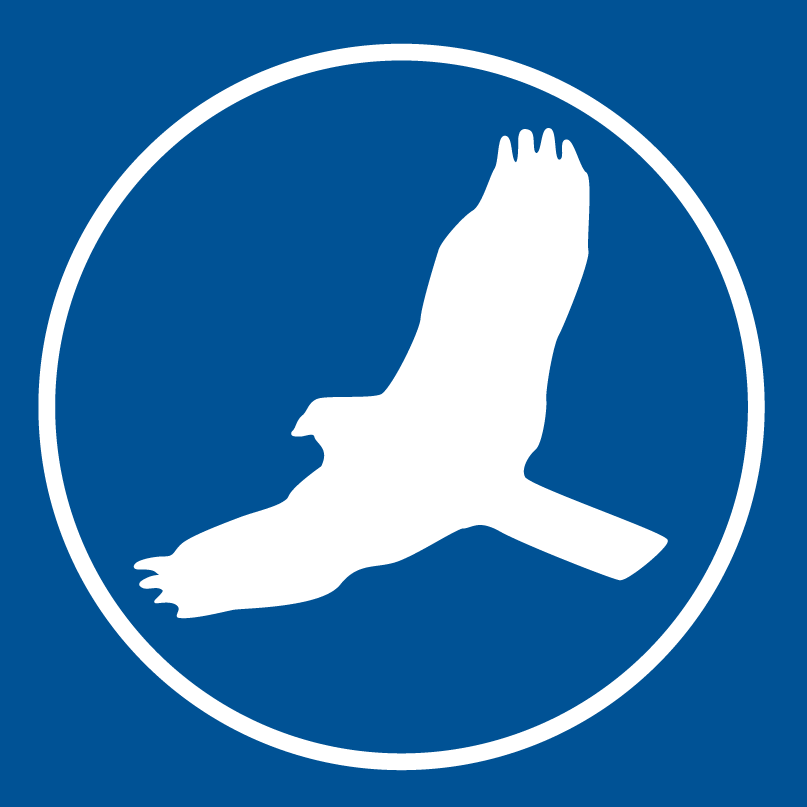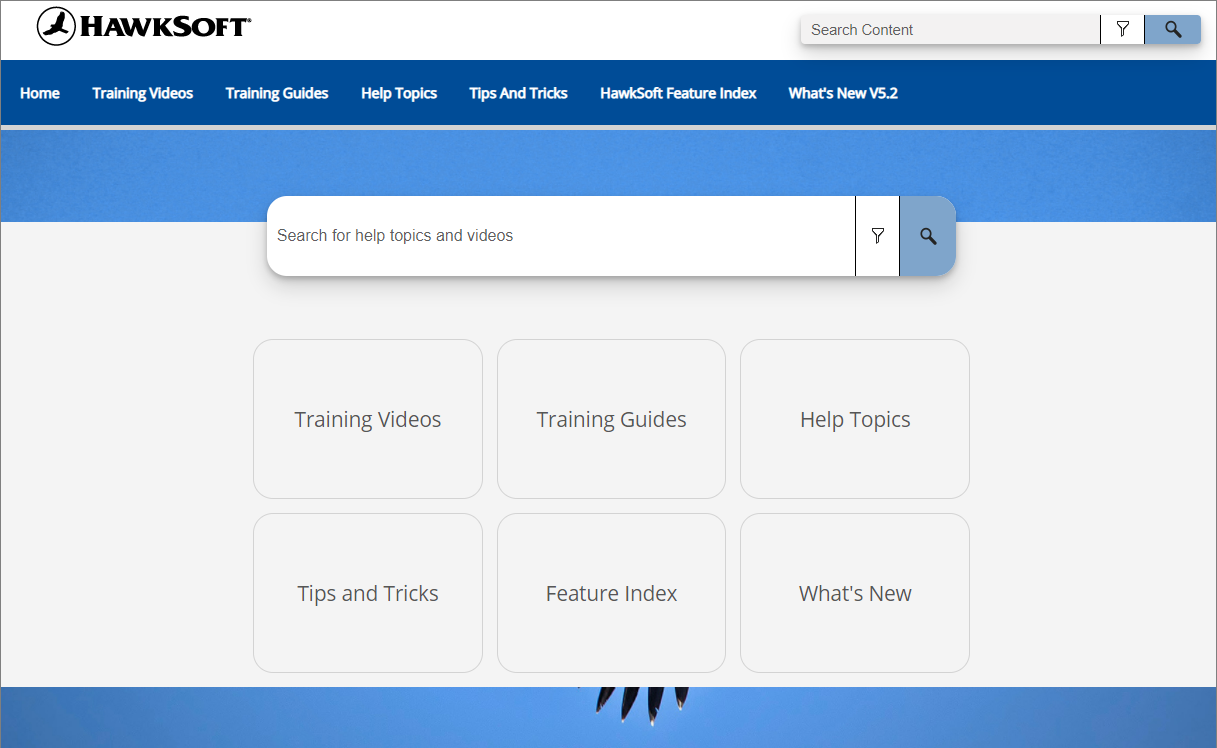This article was written with the help of ChatGPT-4 as an experiment with using AI content generation tools - learn more about our experimentation process here. HawkSoft is still working on defining our stance on using AI tools for content generation, aided by tests like this one.
In the realm of insurance, the ACORD Form is quite literally the standard. These standardized insurance forms, maintained by The Association for Cooperative Operations Research and Development (ACORD), are used to collect and transfer necessary information about insurance policies between the insurer and the insured in a consistent format. Filling out, sending, and storing ACORD Forms is a crucial part of the job for independent insurance agencies and brokerages, and an agency management system is an important tool for managing them. Let’s take a look at what ACORD Forms are, how they help agencies with their work, and how agency management systems assist with the process.
In this article:
- What are ACORD Forms?
- What are the most common types of ACORD Forms?
- What are the benefits of using ACORD Forms?
- How do agency management systems help with ACORD Form management?
What are ACORD Forms?
ACORD Forms are standardized forms used for insurance policies. ACORD is a non-profit, industry-owned organization that designed these forms to streamline the process of insurance documentation, reducing the chances of errors and ensuring a uniform approach across the myriad of different insurance carriers. ACORD Forms are developed and maintained by the group’s members, experts who have a comprehensive understanding of the complexities and types of insurance policies. This expertise ensures that the forms are accurate, effective, and legally compliant, instilling a sense of trust in their use.
ACORD originally released its first paper forms in 1971, which were for property and casualty insurance. Over the years, ACORD expanded its scope to include life, annuity, and health insurance, as well as reinsurance and large commercial insurance. Today, ACORD offers hundreds of standardized forms that are used by insurance companies, agents, and brokers around the world. ACORD Forms are now available in a several digital formats as well, including printable PDFs, electronic fillable forms, and eForms.
Users typically pay a licensing fee in order to access ACORD Forms, which covers the cost of maintaining the forms. Agencies may be able to access forms through technology providers, associations, or other organizations that pay the licensing fees for their members.
What are the most common types of ACORD Forms?
There are hundreds of ACORD Forms, but here are a few examples of ones most frequently used by insurance agencies:
ACORD 24 (Certificate of Property Insurance)
This form provides evidence of property insurance coverage. It includes information about the insured, the insurer, the property being insured, and the types and amounts of coverage.
ACORD 25 (Certificate of Liability Insurance)
This form provides proof of an insured's coverage to third parties. It includes details about the insured, the insurer, the types of coverage, policy limits, and policy effective dates.
ACORD 27 (Evidence of Property Insurance)
This form provides information about property insurance coverage. It is typically used when a third party needs evidence that an individual or business has property insurance.
ACORD 28 (Evidence of Commercial Property Insurance)
This form provides information about commercial property insurance coverage. It includes details about the insured (the business), the insurer, the property being insured, and the types and amounts of coverage.
ACORD 35 (Cancellation Request/Policy Release)
This form is used to request the cancellation of an insurance policy. It provides a formal record of the request and the reason for cancellation.
ACORD 75 (Insurance Binder)
It includes key details about the insurance coverage, such as the types of coverage, the limits of the policy, the effective date, and the expiration date.
ACORD 125 (Commercial Insurance Application)
This is a comprehensive application form for commercial insurance. It collects information about the applicant's business, operations, and loss history.
ACORD 126 (Commercial General Liability Section)
This form is used to apply for Commercial General Liability (CGL) coverage. It collects detailed information about the applicant's operations and exposures.
ACORD 140 (Property Section)
This form is used to apply for commercial property insurance. It collects information about the property to be insured, including its location, construction, occupancy, and protection.
What are the benefits of using ACORD Forms?
ACORD Forms provide a reliable, efficient, and professional way for independent insurance agencies to manage policy transactions with insurance carriers. While they are not universally required across all insurance carriers, many carriers prefer or require the use of ACORD Forms for policy updates and other insurance transactions. This standardization can lead to fewer errors, faster processing times, and more efficient communication between the insurance company and the agency. Even when ACORD Forms are not explicitly required, many independent agencies choose to use them anyway.
However, some companies may accept other forms or methods of communication, especially if they have their own proprietary systems or forms. Others may require ACORD Forms for certain types of transactions but not for others. It’s a good idea for independent agencies to check with their insurance company partners to understand their specific requirements and preferences regarding ACORD Forms and other forms of communication.
Here are some of the benefits of using ACORD Forms:
- Standardization
ACORD Forms provide a standardized format for collecting and communicating insurance information. This standardization makes it easier for independent agencies to work with multiple insurance companies and for those companies to process the information they receive. - Efficiency
Because ACORD Forms are standardized, they can be filled out more quickly and easily than non-standard forms. This can save agencies a significant amount of time, especially when dealing with multiple clients and policies. - Accuracy
ACORD Forms are designed to collect all the necessary information for a particular insurance transaction. This helps to ensure that all relevant details are included and reduces the risk of errors or omissions. - Compliance
Using ACORD Forms can help agencies comply with industry regulations. The forms are regularly updated to reflect changes in insurance laws and practices, ensuring that agencies are always using the most current and compliant documents. - Professionalism
Using ACORD Forms can enhance an agency's professional image. The forms are widely recognized and respected in the insurance industry, and their use can signal to clients and insurance companies that the agency is committed to best practices. - Ease of use
ACORD Forms are designed to be user-friendly, with clear instructions and a logical layout. This makes them easy to use, even for people with little or no experience in insurance. - Interoperability
ACORD Forms are designed to be compatible with a wide range of insurance agency management systems. This makes it easy for agencies to integrate the forms into their existing workflows and systems.
How do agency management systems help with ACORD Form management?
While the benefits of using ACORD Forms are clear, it can be difficult for agencies to manage, complete, store, and organize these forms for hundreds or even thousands of policies on their own. Fortunately, an agency management system can help agencies with this process in a number of ways:
- ACORD Form licensing & access
Many agency management systems pay the licensing fees themselves in order to offer agencies access to these forms within their product.
- Form pre-fill
Agency management systems can automate the process of filling out ACORD Forms, saving time and reducing the risk of errors. Many systems can pre-fill these forms with the client and policy data already stored in the system, making the process faster and more efficient than manually entering information into each form. How many fields can be prefilled may vary from one management system to another. - Organization
Insurance agency management systems provide a centralized location for storing and documenting the ACORD Forms for all their clients' policies. This keeps forms organized with their relevant policies and provides a history of all forms that have been sent and received. - Compliance
By using these systems, agencies can ensure that they are always using the most current version of each ACORD Form, helping them stay compliant with industry standards and government regulations.
Manage ACORD Forms with HawkSoft
The HawkSoft agency management system offers access to one of the most comprehensive libraries of ACORD Forms on the market, including the current versions of all P&C forms and most other standard ACORD Forms. Agents can easily search for and generate hundreds of forms in the system, and create custom categories for the forms the agency uses most often. Forms can be auto-filled using the policy data stored in HawkSoft and sent to the customer without leaving the system.
HawkSoft also has robust certificate management features for Certificate of Liability Insurance Forms (ACORD 25), one of the most common ACORD Forms. Users can easily create master certificates, modify individual certificates and holders, attach additional documents, and electronically sign and distribute certificates by email.
ACORD Form management made easy
ACORD Forms aid independent insurance agencies in standardizing policy management across all carriers and clients, but managing these forms still requires a daunting amount of work for the agent. Insurance agency management systems can help automate and streamline this process, making them an invaluable tool for any insurance agency.
Learn about HawkSoft's ACORD Form LibraryLearn more about how HawkSoft maintains a comprehensive library of ACORD Forms for users, and see why agents love HawkSoft's ACORD Forms. |







